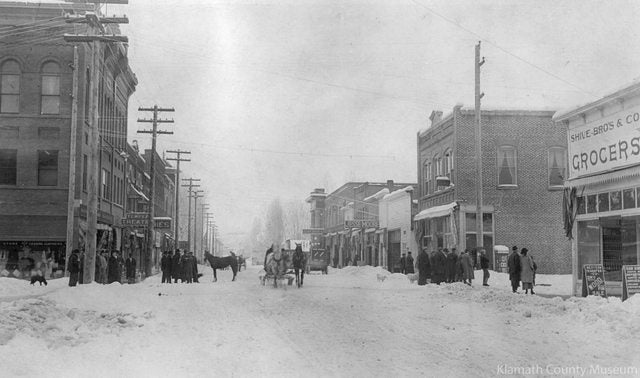John V. Houston (who owned Houston Opera House) also owned Temple Theatre. He allowed more freedom in the films he showed at the Temple and could really use this theater as means of motion picture entertainment rather than THE cultural hub of the city (Houston Opera House). I like to think of this as one of Houston’s side projects.

Temple Theatre was meant for motion pictures primarily. While John V. Houston’s Opera House attracted vaudeville acts, balls, sporting events, you name it… his Temple Theatre was the place to go to catch the latest flick. There are various brief advertisements from the 1910s and 1920s saying what film was going to be shown at the Temple that week.
Often times, these brief Temple Theatre presentation announcements would announce the genre of motion picture the film was as well as the length. This gave all plenty of information to the reader to see if they wanted to catch one of those films that week (1).
War movies, comedies, and dramas were among the most popular genre shown at Temple Theatre. The movies that were featured here seems to be reaching to a young adult target audience for the working and middle class, rather than family-friendly. J.V’s first theater was where a family could get together to enjoy their family-fun but Temple was more directed at a mature audience (especially with the popularity of war films).
It seems that Saturday was a popular movie-going day. Perhaps because this was the only day the working class got time off. Thus, giving into my assumption that Temple Theatre heavily attracted a working class, adult audience.
J.V. Houston used the Temple Theatre as a way to make changes occur in the neighborhood. He often gave away free movie tickets if Klamath Falls citizens did good for their community. This includes things like cleaning up dirty streets in town (2). This was a promotional strategy that J.V. did often throughout the years (evidence of it starting in 1914 and going past 1917).
It seems that although the films shown were primarily mature and for adult audiences, the Temple Theatre made sure that it reached out to kids. I have found evidence of “ice cream showings” and other kid-friendly and kid-oriented events (but most of them on Friday) (3).
The Temple Theatre often bragged about their use of new technology. Such as Edison inventions and new motion picture machines (4).
It is not to be ignored that J.V. Houston and his wife had a great connection to the children of Klamath Falls. They often gave away free tickets and ice cream to “kiddos,” especially ones that couldn’t afford it (5). Their generosity did not go unnoticed.
His kindness didn’t extend to only children, but also workers who kept the city maintained, like firefighters (6).